November 20th – International Children’s Rights Day – 2017 Campaign
Another November has come round and we are here once more to remind everyone about children’s rights through the campaign organised to coincide with International Children’s Rights Day.
This year the campaign focuses on the freedom of expression and the children “will have their say!” They can do this in various ways: softly or loudly, with a whisper, even with silence.
Therefore our slogan is:
“I am silent, I whisper, I speak, I shout. I’ll have my say!”
Do children have the right to dance? To sing? To express themselves with their body, or through drawing, writing, talking? Do they have the right to express their opinion freely? To be involved in decisions that concern them?
Do children have the right to have their opinion heard, respected and taken into consideration by adults?
Whenever we talk about the rights of children, we tend to refer to the ones that concern daily life, the family, health, education, protection and discrimination. Often, the right to freedom of expression and opinion, freedom of thought, conscience and religion, freedom to select one’s own friends, to join a group and meet with that group, the right to privacy and the right to access information, all these tend to take second place.
Every day, instead of encouraging freedom of expression in children, we restrict it or discourage it. We prevent them from expressing their opinions both actively and passively. And even if we give them the space and the ability to express themselves, we do not listen, and we don’t take give equal weight to what they have to say. Maybe it’s because we don’t think of children as independent beings, or because we don’t think their opinion is important enough, or, even worse, we believe that they can’t have an opinion because “after all, they are children, how should they know?” If we prevent them from exercising their rights, we essentially prevent them from recognising and understanding them.
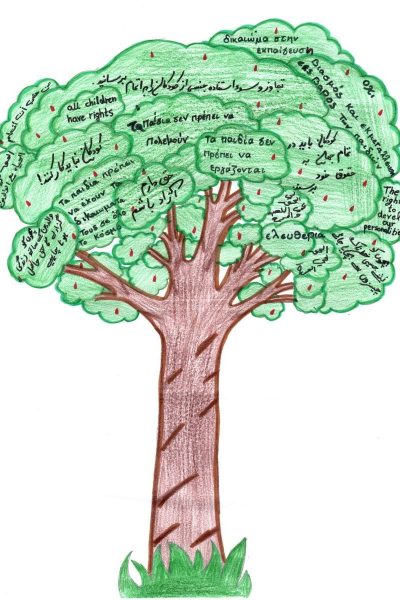
Children’s experiences in their environment, family, school and community will affect the sort of citizen they become. If the adults around them deny children their rights, or even limit them instead of encouraging them, how will these children grow into citizens who are informed, who can develop a point of view and are able to voice it, or who can use arguments to demand change both locally and globally. If adults do not listen to a child’s point of view nor take it into consideration, how will that child become a citizen who respects the rights, expression and opinions of others?
Children who are encouraged to express their thoughts and whose opinions are respected, acquire the foundations to develop into adults who are able to have an in-depth understanding of the rights of man and the concept of democracy. They will have vision, daring and the ability to create and they will push for new ideas and opinions.
The children at the Network for Children’s Rights “will have their say!” and the rest of us will listen. The Network’s activities facilitate critical thought and become the means through which children can express themselves whichever way they wish: loudly or softly, through silence or free expression.
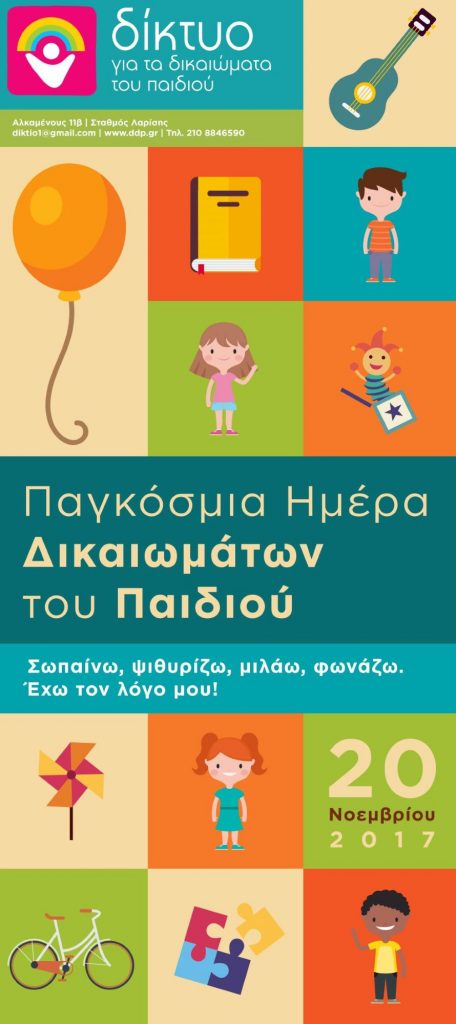


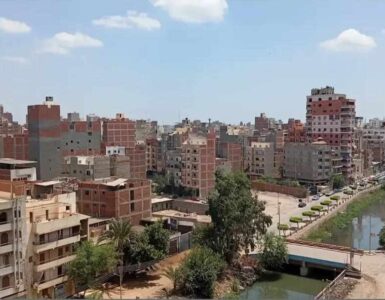
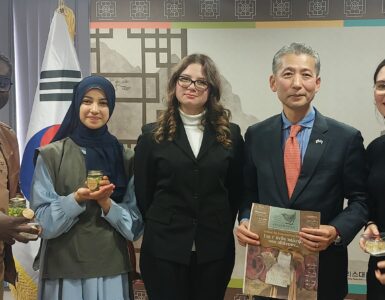
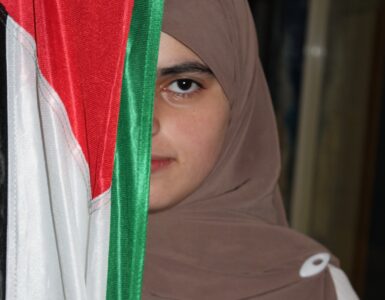




Add comment